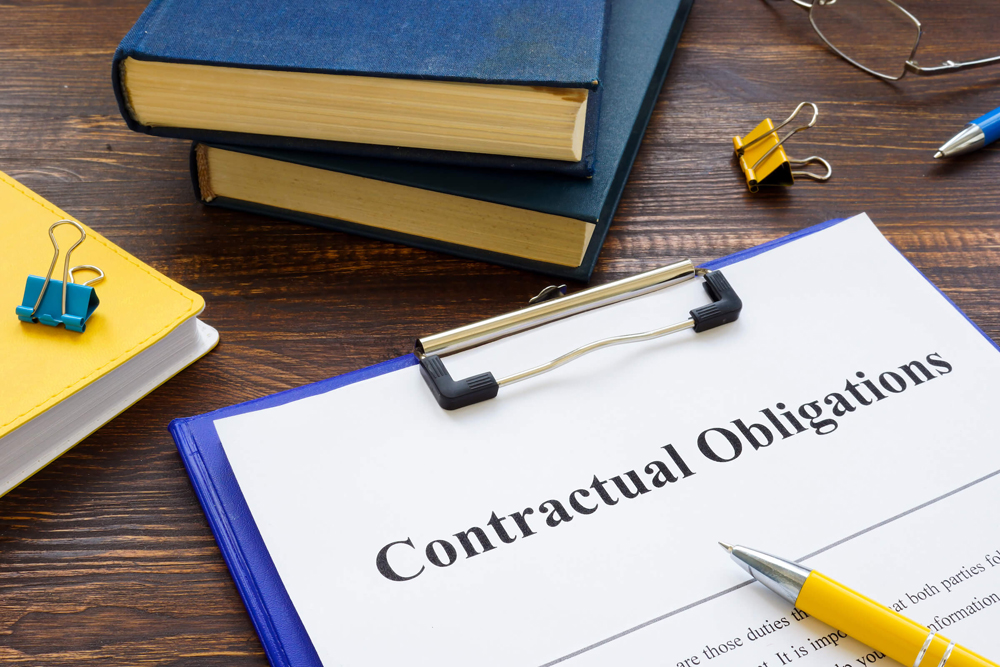Second-time buyers prefer Exclusive Buyer Agents. They've learned it's a smarter way to buy homes.
We should talk now.
Beware Dual Agency
With dual agency, real estate agencies have an incentive—twice the commission—to sell to a buyer represented by the same agent or agency. Problem is, that’s a disincentive to show your house to every potential buyer. And that could result in a lower selling price.
Beware Dual Agency
Dual agents may believe they can represent both seller and buyer, but there’s no getting around the fact that dual agency reduces their financial incentive to bring in buyers from other agencies.
De-motivated Agents
Less competition, of course, can result in lower sales prices. And, while that might be a bad deal for the seller, taking both sides of a commission is a good deal for dual agents.
Knowing whether you’re hiring a dual agent is easy—as long as you pay attention to the Agency Relationship Disclosure Form. Agents are required to show it, except you may have to pay attention to it as it shuffles past in a stack of other forms.
Exposing Dual Agents
Sometimes, you might not see the form until you’re signing the purchase agreement. This is contrary to state law, since the disclosure states clearly, “Early in any relationship, real estate broker, or salesperson discuss with consumers what type of agency representation or relationship they desire.”
Pocket Listing
One shortcoming of dual agents is that they may delay listing on Matrix or MLS. Doing this gives them time to seek buyers represented by them or their agencies. When they succeed, they pocket the commission paid by both seller and buyer. The problem is that less competition for your property can result in a lower price, a less convenient closing date, and other less favorable terms.
Thinking about buying a house?
We should talk.
You know why lots of second-time home buyers choose an Exclusive Buyers Agent over a traditional real estate agency? It's because they've already been through the process—and realize there's a better way to buy a house.



